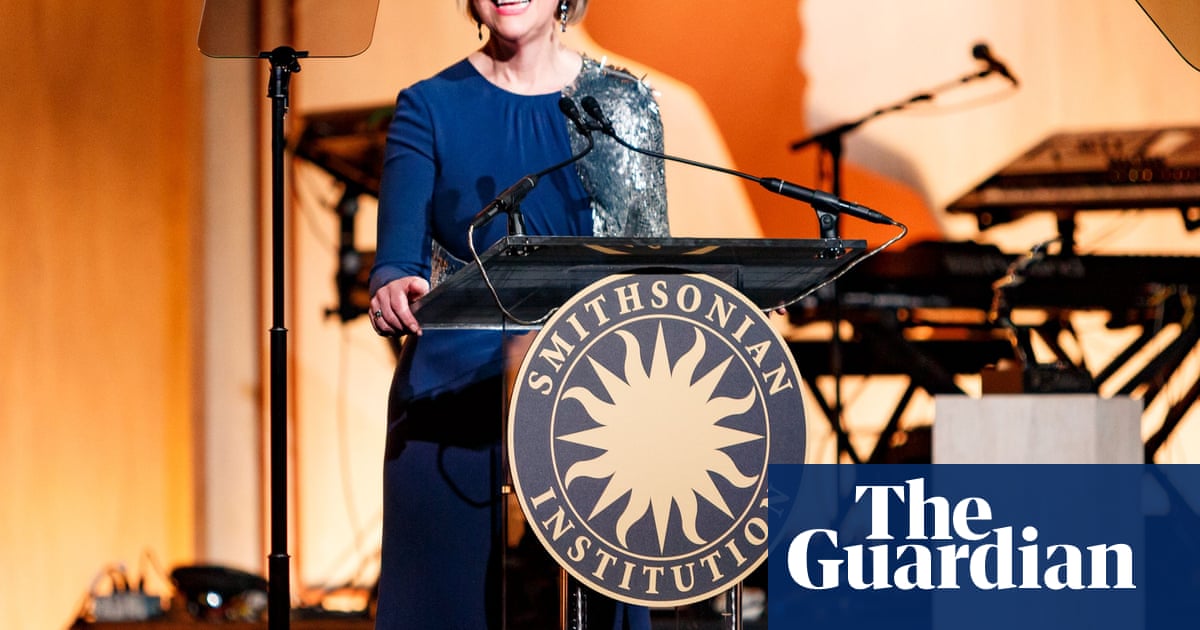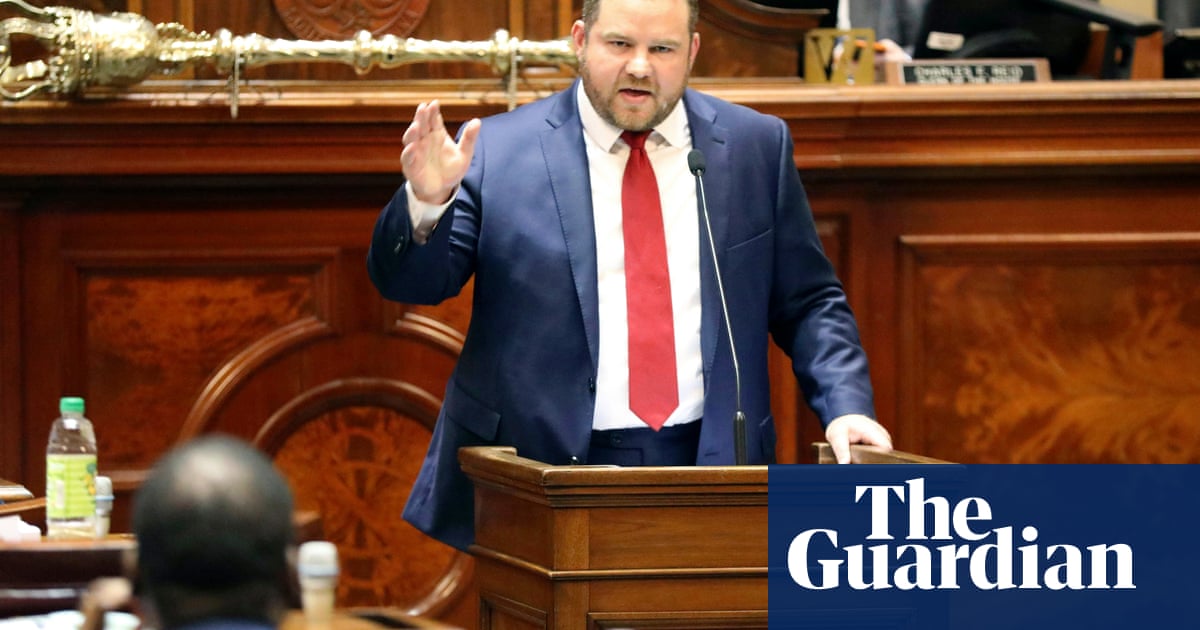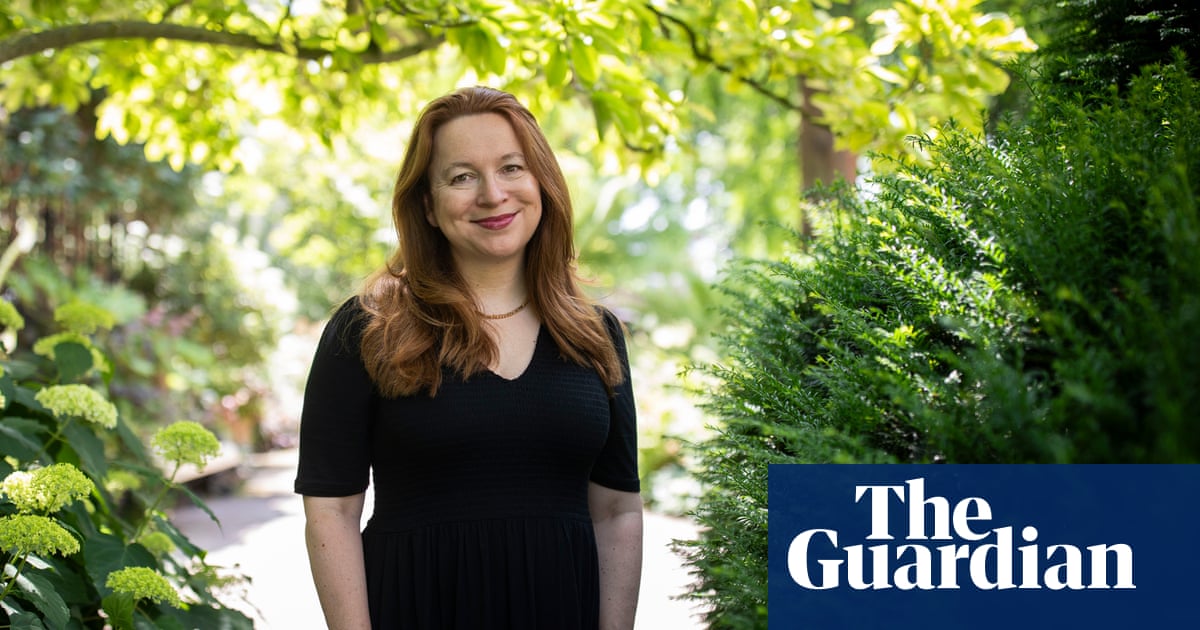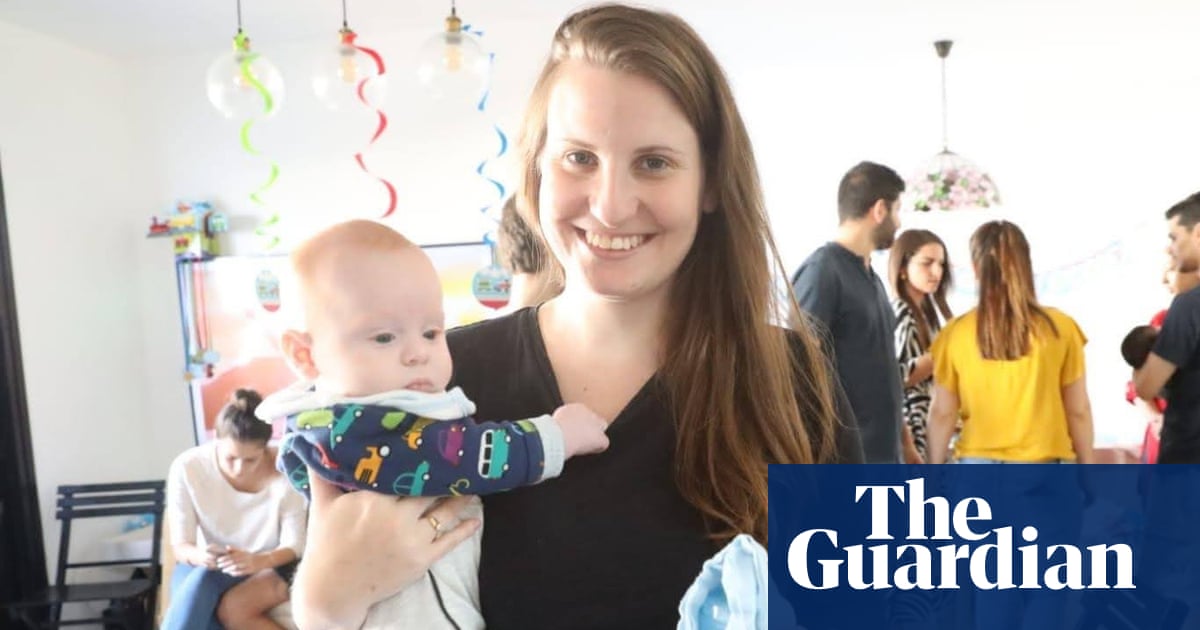A new $500,000 Mellon grant will allow Georgia State University to develop archival, historical and cultural research to protect Gullah Geechee heritage and communities in Georgia and South Carolina.
Using the grant, GSU will establish the Gullah Geechee Sacred Land Project (GGSLP), which will be “dedicated to maintaining African American burial grounds by recovering communities’ spiritual, genealogical and spatial lineages and safeguarding the places where those communities interred their ancestors”, according to a statement by the college.
The Gullah Geechee people are the descendants of formerly enslaved west Africans who were forced to work across the coastal southern United States. They created their own rich culture and language, both of which are still practiced and spoken by their descendants today. After the emancipation proclamation, the Gullah Geechee decided to remain in their own lands, which now make up what is formally known as the Gullah Geechee corridor, spanning from North Carolina to Florida.
Across the corridor, Gullah Geechee people are facing extreme land loss from climate crisis, gentrification and the development of their lands by outsiders. The fight to maintain Gullah Geechee lands continues today, with people awaiting to hear the Georgia supreme court’s decision in a case that could ensure the preservation of one of the last intact Gullah Geechee communities.
Gullah Geechee people are also working to preserve their cultural traditions and language and to ensure those are passed down to coming generations. With stakes this dire, a program like the GGSLP is increasingly important.
GGSLP will be led by Ras Michael Brown and Tiffany A Player, assistant history professors at GSU. Undergraduate and graduate students who are interested in studying Gullah Geechee culture and traditions will have the chance to do so, while also having research, preservation and community engagement opportunities.
“The Mellon Foundation’s funding allows us to strengthen our relationships with Gullah/Geechee communities and support their ongoing efforts to honor their ancestors and the legacies they left for descendants,” Brown said in a statement.
GSU’s new undergraduate and graduate curricula will include four courses on oral tradition and folklore, immersive service-learning experiences and the establishment of an interdisciplinary GGSLP lab. Graduate students, under the direction of Chad Keller, co-investigator of the project, will have the opportunity to receive a newly created cultural resource management certificate.
“This partnership with the Mellon Foundation will enable students to conduct and access groundbreaking research and meaningfully connect with the people and histories that make up one of the most innovative learning environments in the country,” M Brian Blake, the president of GSU, said in a statement.

.png) 1 month ago
38
1 month ago
38

















































